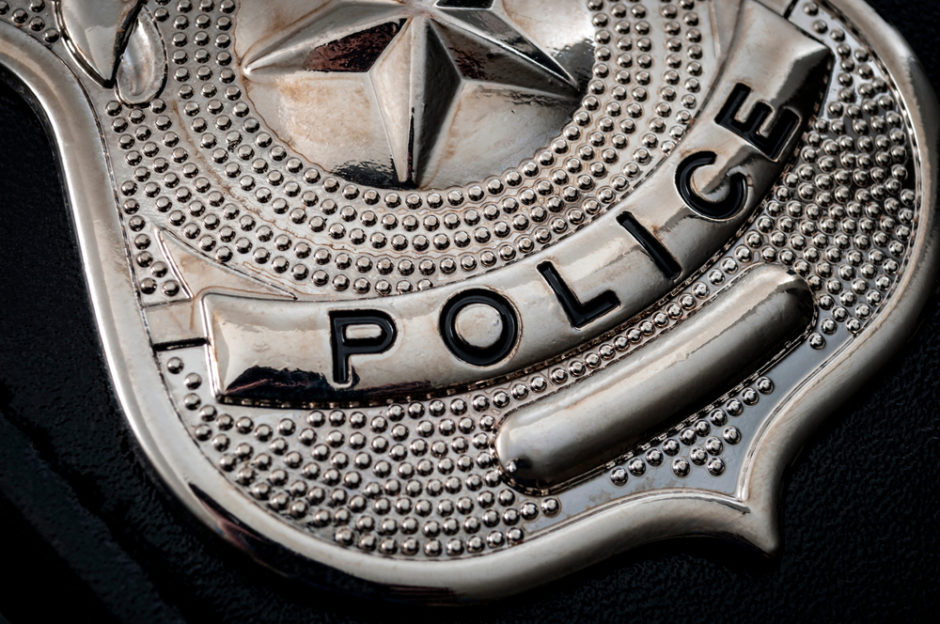On Respect and Policing
Last week, the NYPD police commissioner, James P. O’Neill, fired Officer Daniel Pantaleo, who many believe recklessly caused the death of Eric Garner while arresting him for the relatively minor offense of selling loose cigarettes in a park in 2014. As someone who served as a specialist trainer to the NYPD during the 1980’s, this entire saga weighs heavy with me.
Decades ago, while working with John Jay College of Criminal Justice in New York City, it was my job to teach officers the techniques of de-escalation, how to manage non-compliant and potentially emotionally disturbed and mentally ill individuals while at the same time respecting them and their rights and accounting for the threat they posed to themselves, to arresting officers and the public.
As trainers, our watch-words were “justifiable use of force,” our focus was on introducing officers to the concept of de-escalation, and we discussed the difficult challenge of using an officer’s discretion not to arrest or to use force to affect an arrest when faced with a minor infraction. The NYPD claims that training on these topics is happening today. Recently, California just revised its police “use of force” laws and policies. These are good developments.
Reasonable people agree that the videos of the incident show that Mr. Garner was non-compliant before and at the beginning of the arrest. Sadly, although not an excuse, we must acknowledge that non-compliance with police instructions is common in communities where officers are perceived as an occupying force rather than protectors of the people who live there. But, a little over three weeks ago, a police administrative judge found Officer Pantaleo guilty of violating a department ban on chokeholds; a ban which has been policy for decades and one Officer Pantaleo was trained on. The Commissioner agreed with that judge’s finding and then made the decision to fire Pantaleo.
The commissioner also stated that Officer Pantaleo could have and should have waited for additional backup and, after taking Mr. Garner down, released his chokehold sooner. It’s possible that backup officers might have assisted with the arrest using less aggressive force, and perhaps even persuaded Mr. Garner, using verbal de-escalation techniques, to comply.
This was what my colleagues and I trained officers to do back in the 1980’s. We did this using what are still considered cutting edge training techniques: live, professional actors playing upset, emotionally disturbed and non-compliant citizens at risk of arrest, role-playing in controlled classroom environments with police officers practicing their newly learned skills. It was considered by many cops to be the best training they’d ever experienced on the topic. And yet, during that training, we repeatedly acknowledged that officers are often forced to make split-second, life-or-death decisions out in the street. We admitted it then as we do now: classroom training only goes so far; and hindsight is 20-20.
Like many people, my parents taught me to respect and support the police officers who put their lives on the line for us every day. And, if you are in my company when I encounter one, you will observe that I always treat them with the utmost respect and deference. Sometimes, I’ll even thank them for their service just as I do members of our military.
However, once I started training police officers, I became very aware of the awesome power over life and death that they are granted by society, and therefore of the critical importance of holding them accountable to the highest standards of policing. I know many cops who agree with me, contending that if we fail to hold officers accountable for doing their jobs properly, then a few “bad apple” cops will literally get away with murder, and our communities will be even more polarized against the police than they already are. No cop who truly cares about helping people looks forward to patrolling in a community where everyone hates them because of the bad acts of one or two officers.
Respecting and supporting the police while holding them to the highest standards of policing are two moral and ethical positions that are not mutually exclusive. With his decision to fire Officer Pantaleo, I believe Commissioner O’Reilly, a former cop himself, understands this dynamic.
But there are truly no winners here. A father who was a son and a brother, and who chose to illegally sell loose cigarettes, is dead and a decorated police officer who chose to engage in an unauthorized use of deadly force is no longer a cop. While Officer Pantaleo lost his job, Mr. Garner lost his life; the two are not equal. We can, and we must do better than this.



